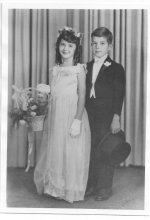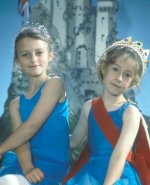A few things to note.. In the Enders game series, it's important that when he was first being trained in the stories Earth was in a battle of annihilation, and the older players in the story were already getting wiped out by the bugs. The use of children in military training was a last shot necessity, and not an indication of modern acceptable behavior. And, even then, until a key moment they were unaware that they were actively fighting by proxy and thought they were just being trained.
As for real life counterparts, unfortunately the world is replete with histories of children actively involved in war. Calvin Graham was the youngest caught after he was injured in world war II, but numerous people have admitted that they enlisted at 13-15 years old and served through world war II. I'd imagine similar things happened in Korea and Vietnam, and it probably was rendered MUCH harder with Gulf War 1 and 2. Currently in the Ukraine there are child soldiers fighting for their homeland and their survival.
This is happening NOW. Right now.
So sadly, it's not unbelievable, it's just something the current generations of people haven't had to acknowledge. But for Orson Scott Card's generation, or CS Lewis' generation, in the greatest threat to everything that existed... it was commonplace. In our world, it still happens far too often, but we're in a country and a position (in the US) where there's just not enough of an existential threat that even children get involved out of desperation or anger.



